Researchers
McGovern Institute researchers are leaders in their respective fields and conduct groundbreaking research into brain health and well-being. Our faculty include a Nobel laureate and multiple members of the National Academy of Sciences, National Academy of Medicine, and the American Academy of Arts and Sciences. Principal research scientists collaborate closely with the faculty and participate in all the institute’s activities.
Faculty
McGovern Institute faculty lead labs conducting groundbreaking research linked to the central mission of the institution. They also hold appointments in one or more academic departments at MIT.

Polina Anikeeva
Polina Anikeeva works at the intersection of materials science, electronics, and neurobiology to improve our understanding of brain-body communication.

Emilio Bizzi
Emeritus Investigator
Emeritus Investigator Emilio Bizzi examined how the brain translates our general intentions into the detailed commands needed to control muscle movements.
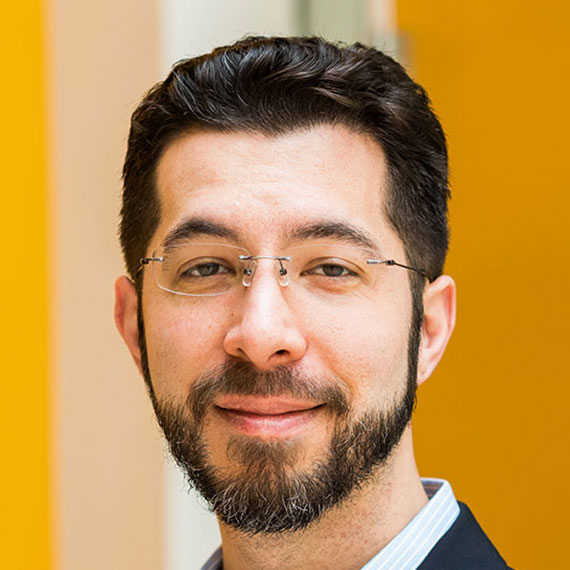
Ed Boyden
Ed Boyden develops novel tools to analyze, repair, and simulate the brain.
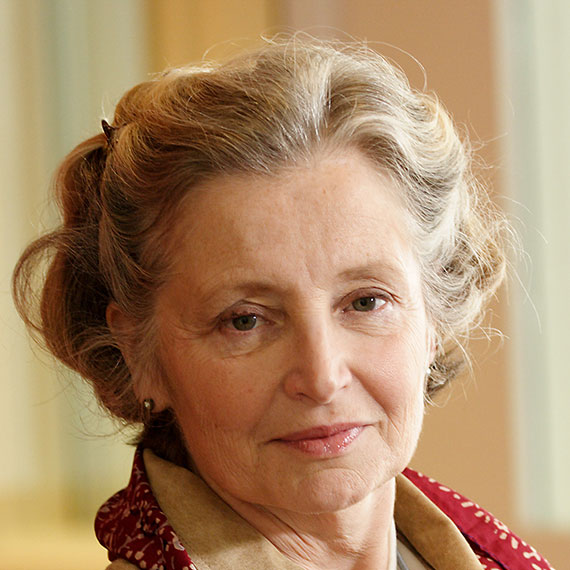
Martha Constantine-Paton
Emerita Investigator
Emerita Investigator Martha Constantine-Paton studied the formation and modification of synapses in order to understand how experience shapes the wiring of the brain.

Robert Desimone
Director, McGovern Institute
Robert Desimone investigates the brain mechanisms that allow us to focus our attention on a specific task while filtering out distractions.
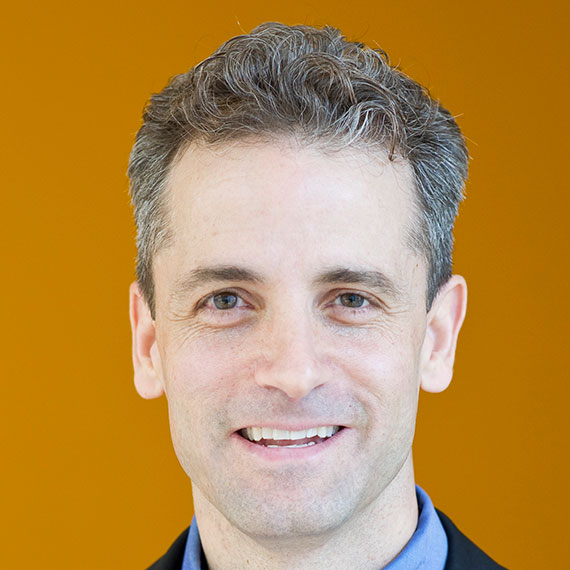
James DiCarlo
Jim DiCarlo and his team aim to understand how a complex network of brain regions underlies our ability to recognize vast numbers of objects and faces rapidly.

Ev Fedorenko
Evelina Fedorenko studies how and why minds and brains create language.

Michale Fee
Michale Fee studies birdsong in order to understand how the brain learns and generates complex sequential behaviors.

Guoping Feng
Guoping Feng studies the function of synapses and how their disruptions contribute to neurodevelopmental and psychiatric diseases.

Ila Fiete
Ila Fiete uses mathematical tools to study how the brain performs complex computations.
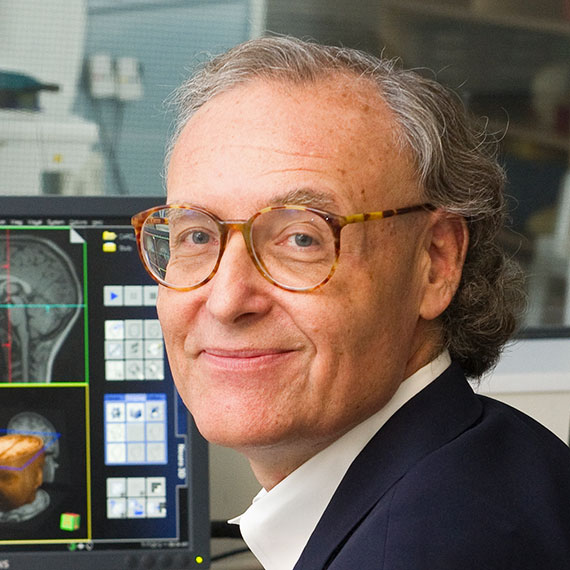
John Gabrieli
John Gabrieli uses brain imaging and behavioral tests to understand how the human brain powers learning, thinking, and feeling.

Ann Graybiel
Ann Graybiel studies the neural basis of learning and action strategies relevant to decision-making, making and breaking habits, affective state, and brain disorders.

Mark Harnett
Mark Harnett studies how mammalian neurons process information and perform the complex computations that underlie behavior.

Hugh Herr
Hugh Herr marries human physiology with electromechanics to produce systems that emulate human biomechanics, improving mobility for those with paralysis and limb loss.

H. Robert Horvitz
H. Robert Horvitz identifies and analyzes molecular and cellular pathways linked to the development and behavior of the nematode C. elegans.

Alan Jasanoff
Alan Jasanoff develops and applies next generation imaging methods for studying the biology underlying behavior and cognition.
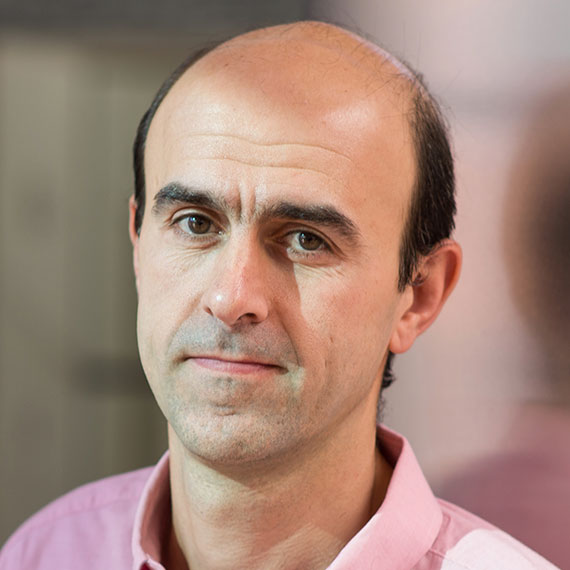
Mehrdad Jazayeri
Mehrdad Jazayeri studies how our brains create internal models of the external world.

Nancy Kanwisher
Nancy Kanwisher studies the functional organization of the human brain as a window into the architecture of the mind.
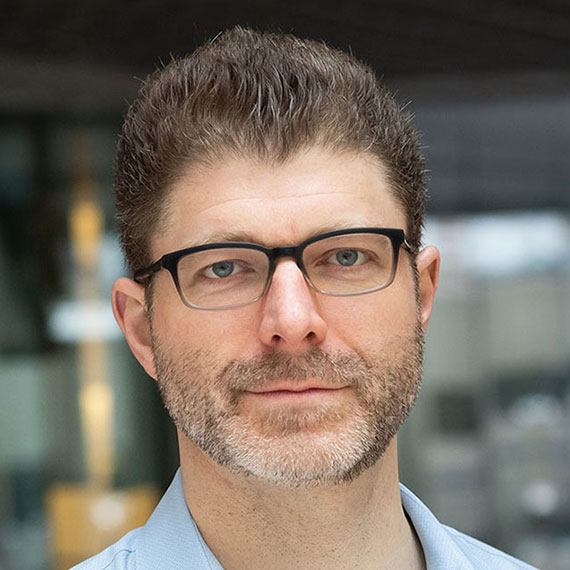
Josh McDermott
Josh McDermott operates at the intersection of psychology, neuroscience, and engineering to study how people hear and interpret sound.
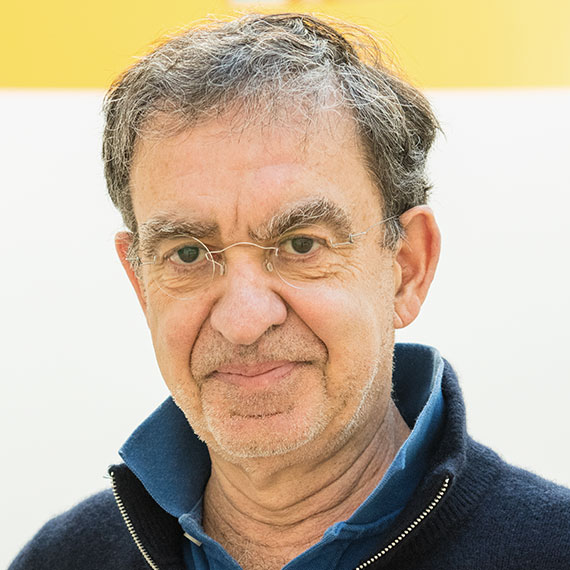
Tomaso Poggio
Tomaso Poggio develops models of brain function that illuminate human intelligence and builds intelligent machines that can mimic human performance.
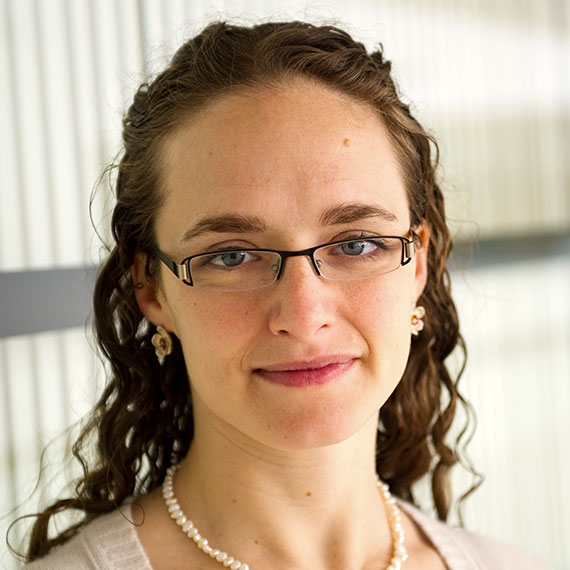
Rebecca Saxe
Rebecca Saxe studies the origin and structure of thought in the minds and brains of adults, children, and infants.

Nidhi Seethapathi
Nidhi Seethapathi builds predictive models of human movement using a combination of theory, computational modeling, and real-world experiments.

Fan Wang
Fan Wang is uncovering the neural circuits that govern the interactions between the brain and body, including movement, pain, and addiction.

Feng Zhang
Feng Zhang studies physiological processes and develops ways to improve human health.
Principal Research Scientists
Principal research scientists conduct independent research at the institute, and are selected on the basis of unique scholarly or technical contributions to research projects.

Satrajit Ghosh
Satrajit Ghosh uses neuroimaging, speech communication, and machine learning to improve assessments and treatments for mental health.

Ian Wickersham
Ian Wickersham develops genetic techniques for neuroscience, to provide more powerful and precise ways to study the organization of the brain.

